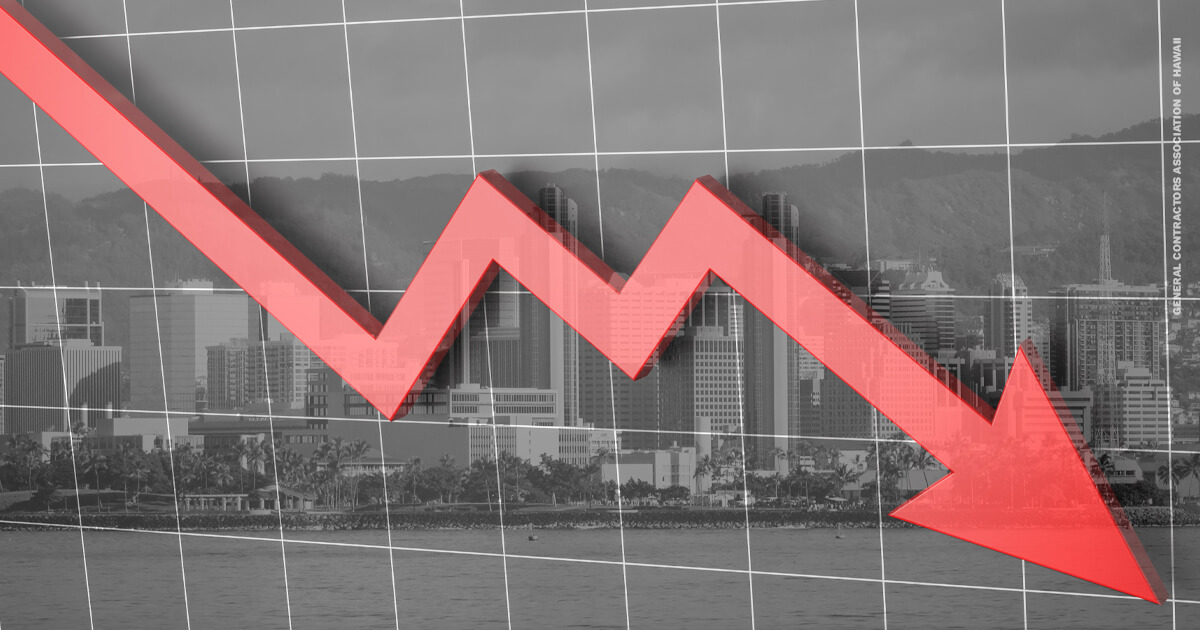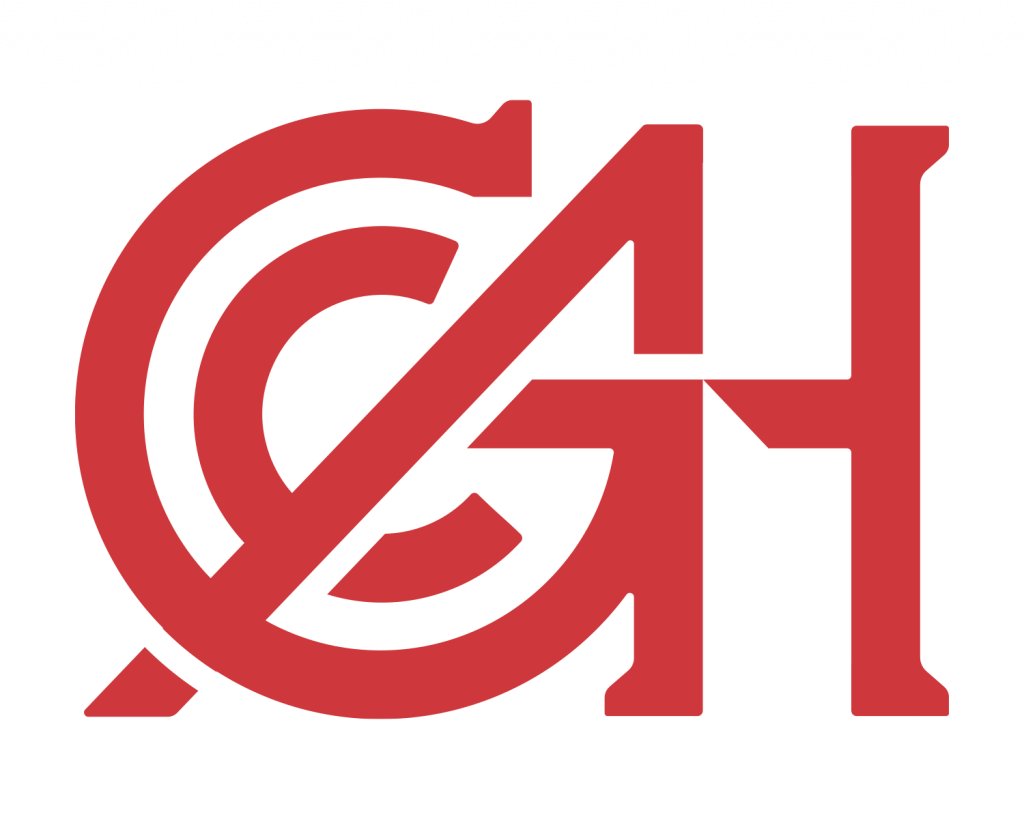Preparing for a Recession

The ongoing price escalation for building materials and other telltale signs indicate we may be heading into a recession. It’s a troubling time for all businesses, and the construction industry is no exception. GCA members who have been through difficult times before share their insights and advice.
“Much like our experiences during the 2008-2009 recession, we’re seeing a downturn in projects available to bid on, financing difficulties, a downturn in foreign and mainland investments, workforce reductions, continued permitting delays, continued labor and material cost escalation and supply issues, subcontractor defaults, ongoing NIMBY opponents to new developments, cutbacks in government capital improvement budgets, dependence on the tourism industry, and more competition,” said Dale Sakamoto Yoneda, president of S & M Sakamoto, Inc.
Diversifying a company’s project portfolio and keeping a watchful eye on expenses are key to holding steady during these trying times.
“Bidding on projects that are ‘in your wheelhouse,’ where your experience will guide you through to a profitable quality project is key. Reducing fixed overhead costs is also a key component to survivability. We continue to rely on our ability to take on a variety of work and cut back on fixed overhead costs,” Dale added.

“Much like our experiences during the 2008-2009 recession, we’re seeing a downturn in projects available to bid on, financing difficulties, a downturn in foreign and mainland investments, workforce reductions..."
Dale Sakamoto Yoneda
Glen Kaneshige, president of Nordic PCL Construction, echoes that advice: “As the Federal Reserve raises interest rates to combat inflation, we know that projects in the private sector may diminish and the need to diversify our portfolio with more government work will put us into a market sector that forces us to accept more risk at bid time.”
He noted that it’s important to effectively manage the factors within your control.
“The hyperinflation in construction material costs and supply chain disruptions that we have been experiencing since early 2021 present us with an unprecedented risk that we are trying to manage,” he said. “Transferring the escalation risk at the time of contract formation requires much diligence and communication with our subcontractors. This is critical during this period. Our project teams are then tasked with having laser-like focus on material procurements so that early detection of supply chain disruption delays affords the project more options for mitigation.”
Glen pointed out a major difference between public and private sector projects.
“Surviving these tumultuous times requires tenacity in a great team with an awareness and the ability to quickly pivot as the markets shift. Because the majority of our work is in the private sector, we have been able to shift the risk of material cost escalations and supply-chain disruptions to other parties through the contracts. Government bids cannot be qualified as a means to shift risk, so we must carry contingencies in our bids as a mitigation strategy,” he explained.
He cautioned that factoring in price increases in bids has some downsides.

“Transferring the escalation risk at the time of contract formation requires much diligence and communication with our subcontractors. This is critical during this period..."
Glen Kaneshige
“Unfortunately, padding contingencies for these risks will also raise our bid amount and could render us as a higher bidder in a low-bid selection procurement process,” Glen said.
Despite the challenges in the current landscape, Glen sees a silver lining in what’s occurring in the market today. “The price of crude oil and other commodities like copper and nickel have been recently declining in anticipation of an economic slowdown and potential recession,” he said. “We should expect a pullback in the construction market that will hopefully allow supply to catch up with a reduced demand so that costs and procurement times realign to historical metrics.”
Dale also offers a word of optimistic encouragement for GCA members: “The ease in restrictions indicates that the world is coming out of the pandemic. Who would have thought we would live through a worldwide pandemic? But as humans do, we survived, overcame and will now move on with our lives. Hopefully, our economy will follow suit.”
